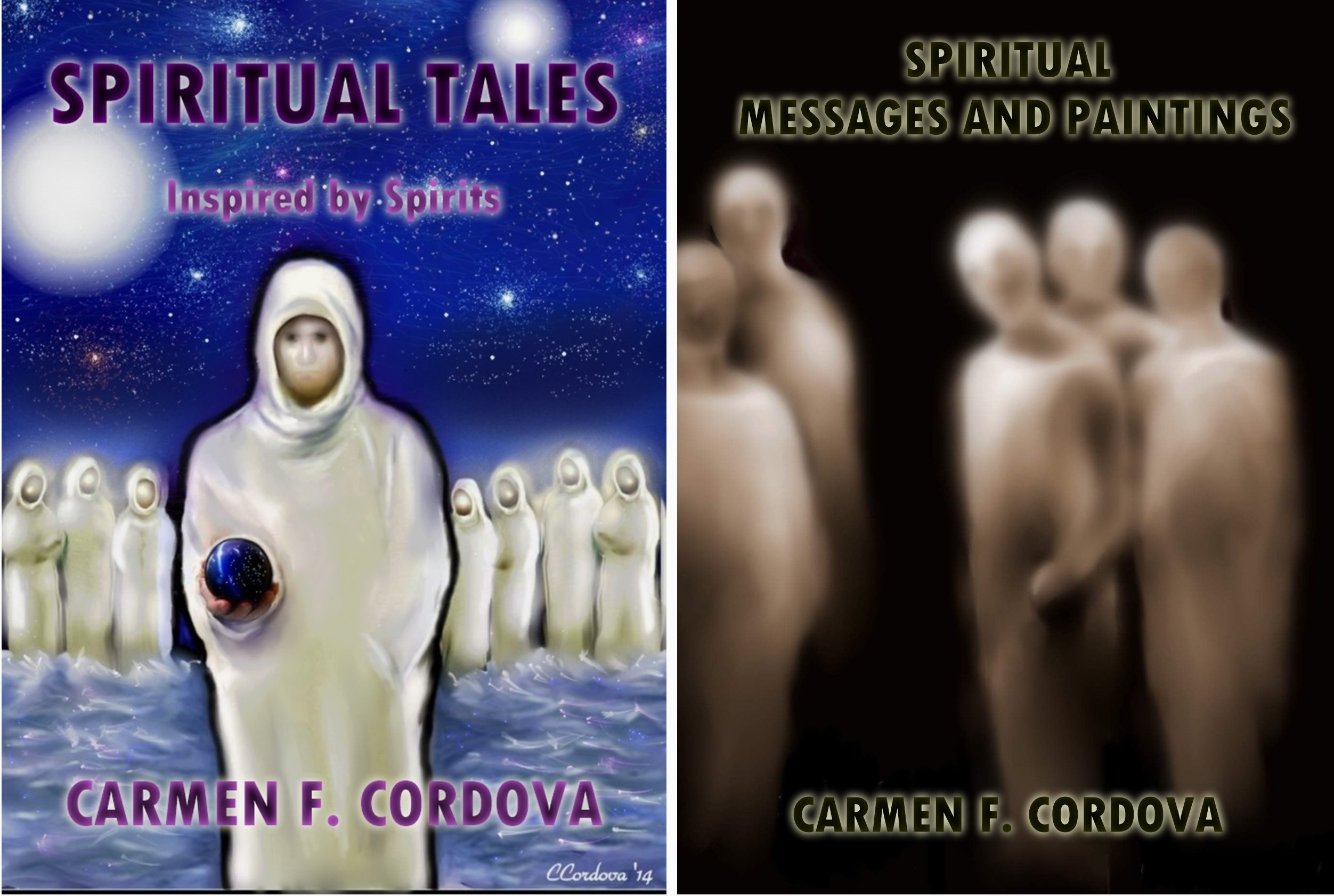THE HEALING POWER OF LOVE
 The Healing Power of Love.
The Healing Power of Love.Embracing the Healing Power of Love for Emotional Well-being
Is love a remedy for the struggles we face mentally and physically? This article reveals factual insights into how the healing power of love manifests in improved well-being. You’ll learn about the scientific backing of love’s benefits—from harmonizing hormones to strengthening emotional bonds—and practical advice to harness love’s therapeutic potential in everyday life.
Key Takeaways
- Love has tangible healing effects on both mental and physical health, with hormones like oxytocin and vasopressin playing a significant role in emotional bonding and physiological regulation.
- Strong social connections, including romantic relationships, contribute to better health outcomes such as lower blood pressure, reduced pain, improved immune system, and enhanced ability to cope with stress.
- Practices such as guided meditation and fostering social bonds can actively increase the presence of love in one’s life, leading to emotional healing, stress reduction, and growth in personal well-being.
The Science Behind The Healing Power of Love
Love, universally celebrated in songs and stories, is not just a heart-stirring emotion. It is a potent balancing and harmonizing energy that stems from the heart and has healing properties. The healing power of love significantly contributes to emotional well-being and overall health maintenance.
Two hormones, oxytocin and vasopressin, are key players in this healing process. They significantly influence our autonomic nervous system, which governs the regulation of internal organs and blood distribution, impacting both our physical and emotional well-being. Further, the formation of deep emotional connections, or pair bonds, has a regulatory effect on physiological and emotional states. This ability of pair bond formation is attributed to the presence of neural systems in both humans and animals that support emotional connections.
Oxytocin and Vasopressin
Oxytocin, often referred to as the ‘love hormone’, plays a significant role in promoting social engagement and reducing inflammation. This hormone facilitates social bonding and influences the physiological systems reducing inflammation. On the other hand, vasopressin, while associated with anxiety and fear, also plays a significant role in the formation of pair bonds.
These hormones have an evolutionary relationship, evolving from a common ancestral peptide, and display a dynamic interplay in their functions in the body. Interestingly, in the context of anxiety or fear, oxytocin might produce effects similar to those of vasopressin, potentially due to its capacity to connect with vasopressin receptors.
Pair Bonding and Health
The power of love is not just about romantic relationships. It is also about the strong social connections we form with:
- our partners
- our children
- our friends
- our peers
These pair bonds significantly contribute to our health.
Pair bonding has several positive effects on mental health and overall well-being, including:
- Increased oxytocin release, which positively affects the immune system and helps alleviate emotional disorders
- Serving as a buffer against stressors and fostering social bonding
- Acting as a safeguard against stress, depression, anxiety, and substance abuse
The impact of pair bonding on mental health is significant and can help restore the body’s balance and enhance overall well-being.
The Physical Benefits of Love
 by Tai
by TaiBeing in a romantic relationship brings along the many benefits of improved health. Love can alleviate pain, enhance the immune system, regulate blood pressure, and enhance the ability to cope with stressful circumstances. It also significantly enhances the quality of life by offering emotional support, companionship, and a feeling of belonging.
Consider a world where marriage provides not only companionship and emotional support, but also physical health benefits for married people. Studies have found that individuals in happy marriages reported a lower frequency of headaches and back pains compared to those who are unmarried. Isn’t that fascinating?
Blood Pressure Regulation
When we’re stressed, our bodies respond by releasing stress hormones that can increase blood pressure. Being in a loving relationship, however, can help mitigate this effect. Frequent hugs and elevated levels of oxytocin can lead to decreased blood pressure and a lower heart rate.
But how can we manage our stress better to lower our blood pressure? Here are some strategies that have been shown to aid in reducing blood pressure:
- Relaxation techniques
- Exercise
- Stress management
- Being in a loving relationship
Implementing these strategies can improve your ability to handle stress and regulate your blood pressure.
Improved Quality of Life
Love not only uplifts our spirits; it also improves our quality of life. Companionship in love can significantly impact one’s quality of life by providing emotional support, reducing feelings of loneliness, and promoting overall well-being. A sense of belonging, brought about by love, can also positively influence our wellbeing by aiding in stress management and enhancing overall health.
Moreover, love and robust romantic relationships have a favorable influence on life satisfaction, leading to increased security, improved decision-making, and enhancements in mental well-being. So, it seems, love not only makes the world go round, but it also makes our lives meaningful and fulfilling.
Emotional Healing Through Love
Love can greatly influence emotional healing, particularly in reducing depression and bolstering mental health. The experience of love induces the release of chemicals in the brain’s reward circuit, leading to positive emotional responses and influencing the production of stress hormones. This, in turn, can affect our mood and potentially alleviate symptoms of depression.
Moreover, love can have a significant impact on therapy for depression. It can improve mental health, promote psychological well-being, and reinforce social connections, all crucial in the therapeutic journey. This goes to show that love truly does conquer all, even the deepest pits of despair.
Love and Depression
While depression might cast a dark shadow over life, love can provide a ray of hope. Loving relationships play a significant role in managing depression as they provide essential emotional support and understanding.
Numerous scientific studies have recorded that being in a loving environment and receiving positive social support can elevate happiness, alleviate stress, anxiety, and depression, and improve self-esteem. Companionship, particularly among older adults, plays a crucial role in managing depression, enhancing overall well-being.
Thus, love can be a powerful antidote to the debilitating effects of depression.
Love and Anxiety
Just as love can alleviate depression, it can also help to reduce anxiety. The relationship between love and the cultivation of a sense of security leads to a decrease in anxiety and promotes emotional well-being. Trust, a significant element of love, is important in alleviating anxiety as it allows self-esteem to influence social anxiety and serves as a protective barrier against negative stressors.
Interestingly, love has a consistent association with decreased stress levels. The positive emotions related to oxytocin and dopamine can contribute to the reduction of anxiety levels in the human brain. Moreover, positive romantic relationships and love can assist in the treatment of anxiety disorders by enhancing mental health and reducing symptoms of anxiety.
Cultivating More Love in Your Life
Having understood the healing power of love, the question becomes - how do we foster more love in our lives? Love can be fostered through practices like guided meditation, which can facilitate mutual understanding, empathy, and compassionate listening in relationships. Additionally, developing robust social connections can contribute to the development of love by mitigating stress, promoting longevity, enhancing mood, and reducing feelings of loneliness, stress, anxiety, and depression.
It is indeed empowering to understand that we hold the power to enhance the amount of love we experience. By dedicating time and energy to building strong social bonds and nurturing our own capacity for love through practices like guided meditation and book healing, we can invite more love and healing into our lives. Jack Kornfield helps awaken this understanding within us, further enriching our journey towards self-discovery and emotional growth.
Guided Meditation
Guided meditation serves as an effective catalyst for fostering love. It’s an auditory or visual presentation of the meditation procedure that can be administered in person or through remote means such as audio or video.
Effective guided meditations that emphasize love and compassion include:
- Loving-kindness meditation
- Lovingkindness meditation by Sharon Salzberg
- Loving-kindness meditation by Eve Ekman
- Self-compassion/loving-kindness meditation
- Compassion meditation
Meditation directs our focus towards these practices, enhancing our ability to cultivate love and compassion in our lives.
These practices, as taught by experts like Jack Kornfield, foster greater awareness, self-compassion, and a more profound connection with oneself and others, which is crucial for meaningful relationships.
Building Strong Social Bonds
 by Tai
by TaiAnother way to foster more love in our lives is by building robust social connections. Stable and healthy friendships are essential for our overall well-being and longevity, and significantly contribute to our sense of feeling loved.
Developing robust social connections entails:
- frequent engagement with others
- resource sharing
- community contribution
- participating in physical activities together
- communal dining
- utilizing public spaces
- volunteering
- nurturing current relationships
- self-care
These bonds not only enrich our lives with love and companionship but also enhance our mental and physical health.
Transformative Power of Love
Love possesses a transformative power. Love possesses healing properties that can protect against disease and aid in the body’s recovery from illness. It facilitates ongoing development and change in individuals, introducing new perspectives and experiences. From a psychological standpoint, love can induce sensations of euphoria, foster attachment and security, alleviate stress, and enhance coping mechanisms.
Love’s transformative power, with its own luminous spirit, is clearly reflected in compassionate and kind acts towards others, which can positively influence lives, empower individuals, and instigate positive changes within communities.
Love as a Master Healer
Love is commonly known as a ‘master healer’. Healthy relationships can offer protection against disease and aid in the body’s recovery when facing illness. Love and healthy relationships can aid in the prevention of complications and mortality related to:
- pneumonia
- heart attacks
- strokes
- high blood pressure
- heart disease
- depression
- chronic inflammation
- poor mental health
Scientific research has demonstrated that love can have therapeutic effects. Some of these effects include:
- Alleviation of pain through the activation of brain regions responsible for pleasurable sensations
- Heart regeneration through the release of oxytocin, a hormone associated with love
- Enhancement of the immune system through the activation of genes associated with antiviral defenses and positive social interactions
Love's Impact on Personal Growth
Love not only heals; it also fosters growth. Love, especially in romantic relationships, plays a role in personal growth and self-expansion. Couples who experience more self-expansion tend to have stronger relationships. Experiencing elevated levels of ‘felt love’ in daily life has also been linked to improved well-being.
Moreover, love promotes:
- self-reflection
- empathy
- a shared sense of humanity
- acknowledging the interconnectedness of our experiences with others
This introspection enriches the empathy we extend to our partner, fostering deeper connections and a heightened compassion.
Summary
In essence, love is more than just an emotion; it’s a potent force that can heal, transform, and grow. From the science behind love’s healing power to the physical and emotional benefits of love, the power of love is truly profound. By cultivating more love in our lives, through practices like guided meditation and building strong social bonds, we can harness its transformative power. Love truly holds the potential to transform our lives and our relationships, paving the way for emotional well-being and overall health.
To me, defining love means showing respect and kindness to others.
One thing is certain, more love leads to a happier environment to live in. Let's begin sharing love with one another. Remember, love heals, and this world needs healing.
The Healing Power of Love
Jesus said, "Love each other. Just as I have loved you, you should love each other."
 the healing power of love
the healing power of loveFrequently Asked Questions
What are the healing powers of love?
Feeling loved and valued by others promotes healthier lifestyle choices, good self-esteem, lessens stress factors, and provides better lifelong mental health. This strong sense of self-worth also leads to healthier relationships.
What are the healing powers of love?
Feeling loved and valued promotes healthier lifestyle choices, good self-esteem, lessens stress, and provides better mental health. This strong sense of self-worth can also lead to healthier relationships in the future.
What is the true power of love?
The true power of love lies in its ability to promote healthier lifestyle choices, develop stronger self-esteem, reduce stress, and improve mental health. It also helps in fostering healthier relationships and supporting individuals through difficult times, ultimately leading to personal growth and transformation.
Why is love important to healing?
Feeling loved and valued promotes healthier lifestyle choices, self-esteem, reduces stress, and contributes to better mental health, as well as fostering healthier relationships.
How does love contribute to physical health?
Love contributes to physical health by regulating blood pressure, enhancing the immune system, reducing pain, and protecting against various diseases such as pneumonia, heart attacks, and depression. Healthy relationships play a key role in maintaining overall well-being.
Spiritual Messages and Paintings and Spiritual Tales books are now available on Amazon.

Click below and views more than 600 pieces of spiritual artwork

Spiritual Books
If you enjoy the articles on this website, you will also appreciate the short stories in the books below. Click here and continue the journey.
